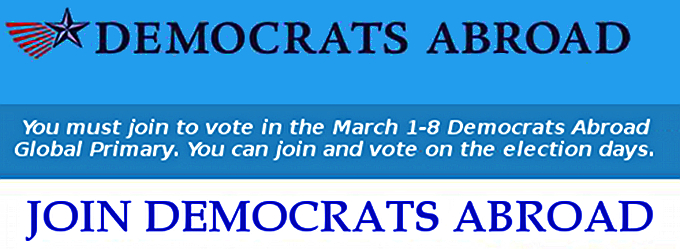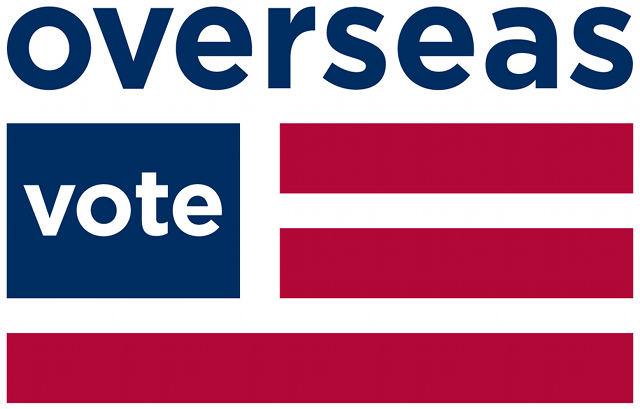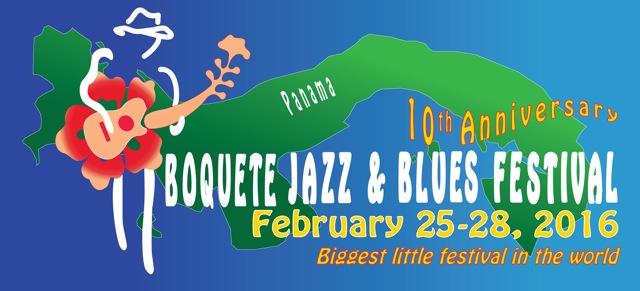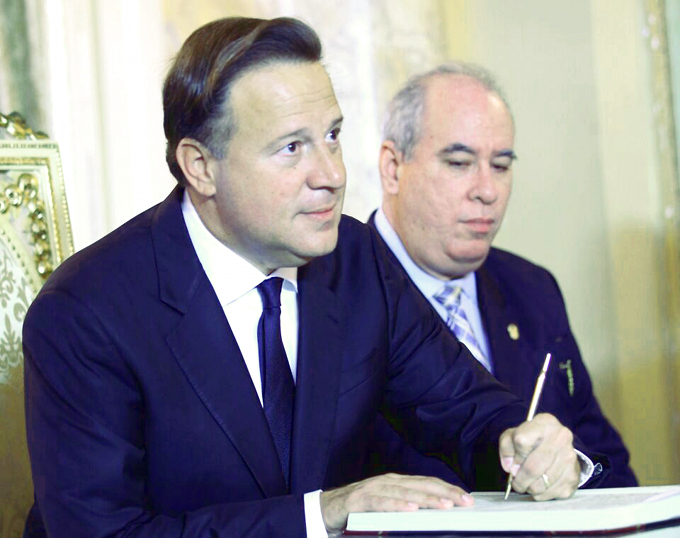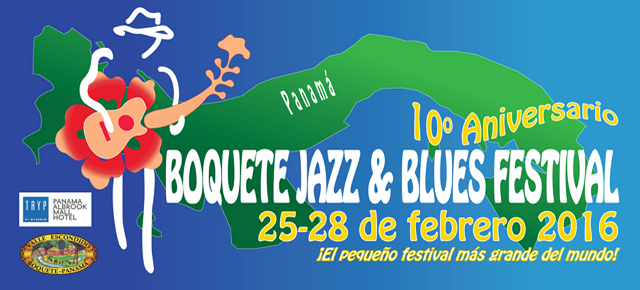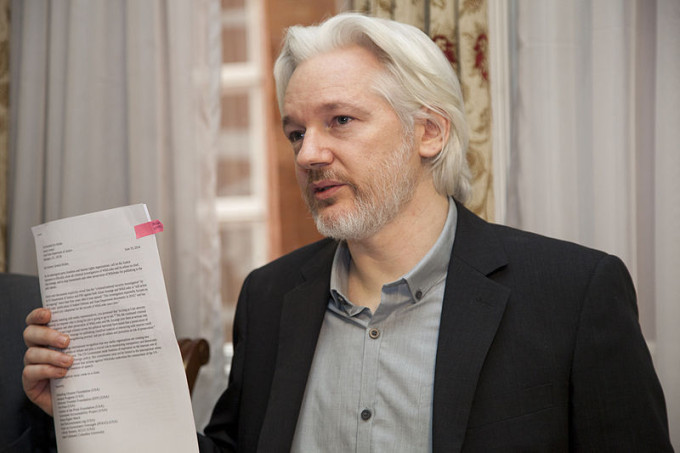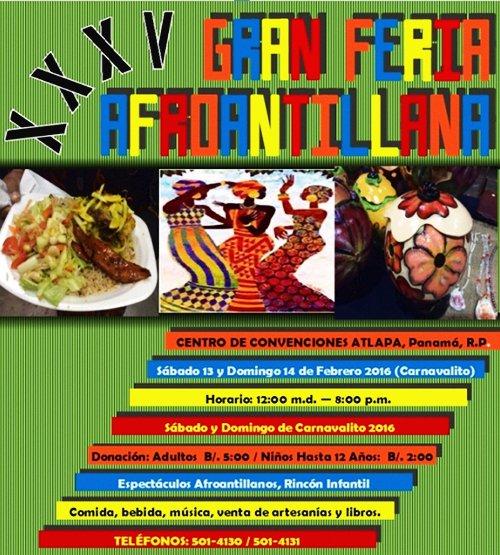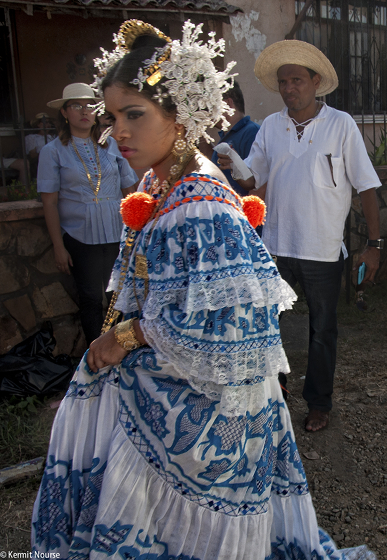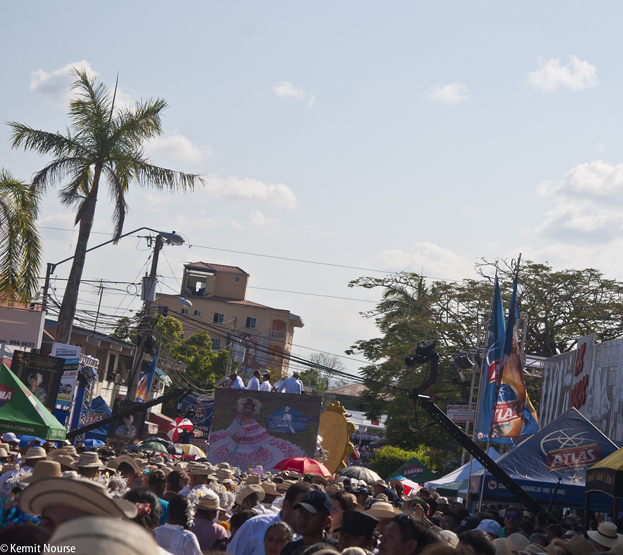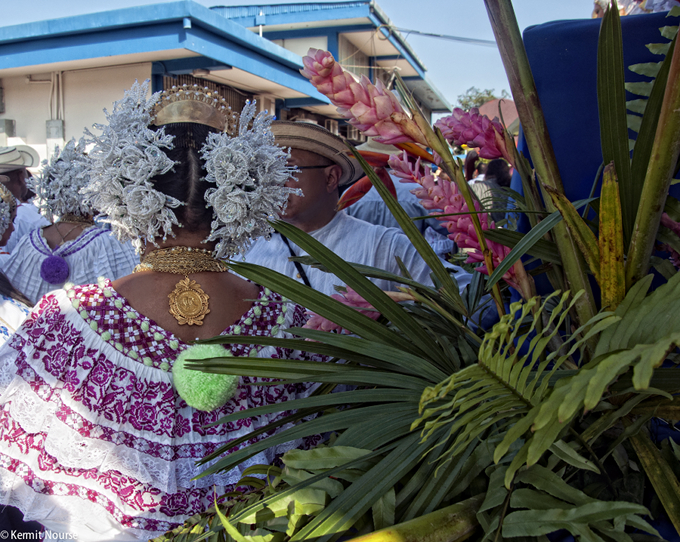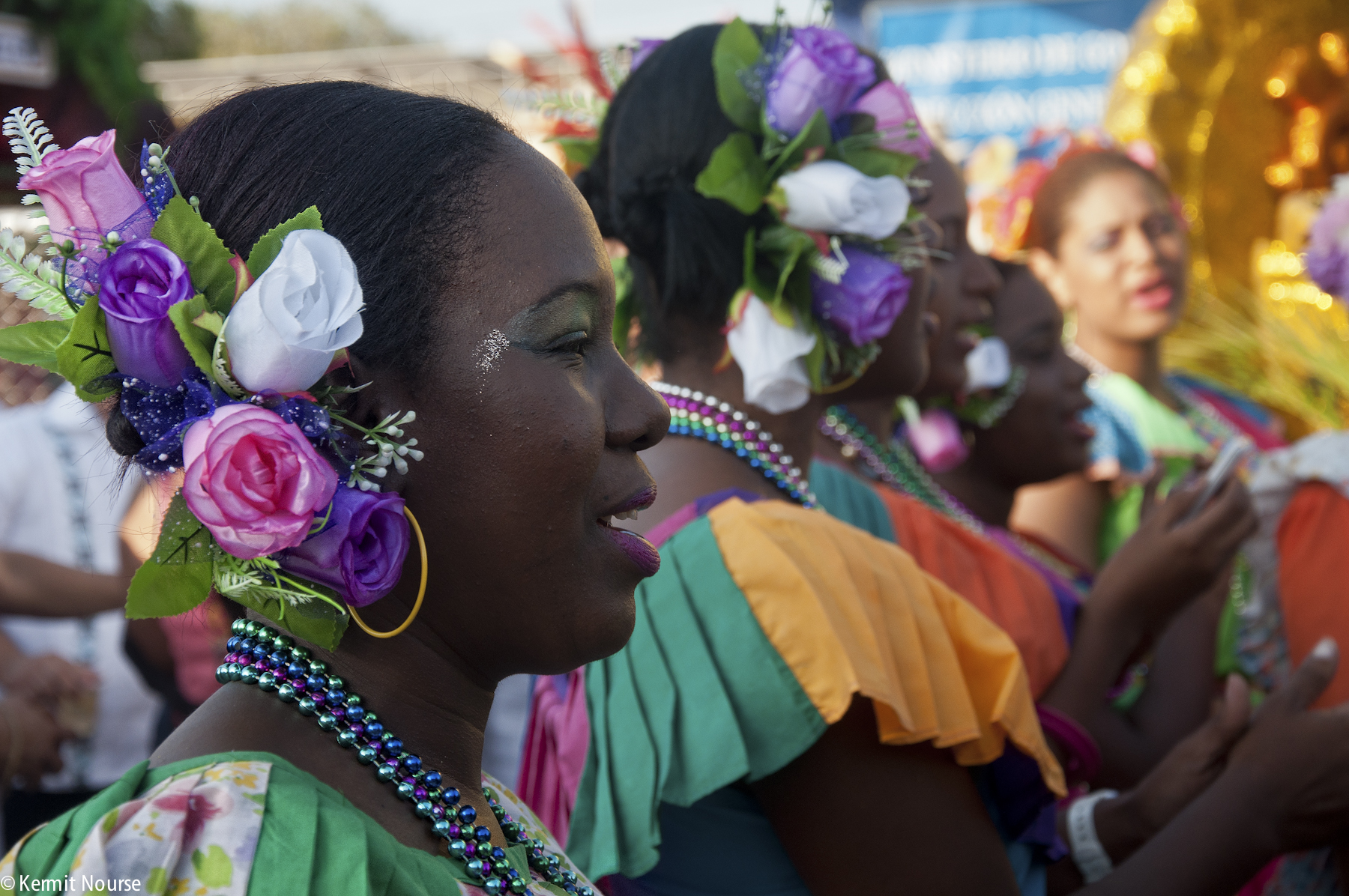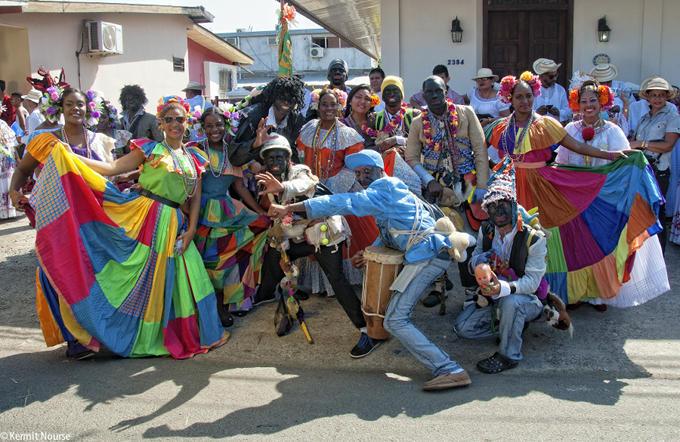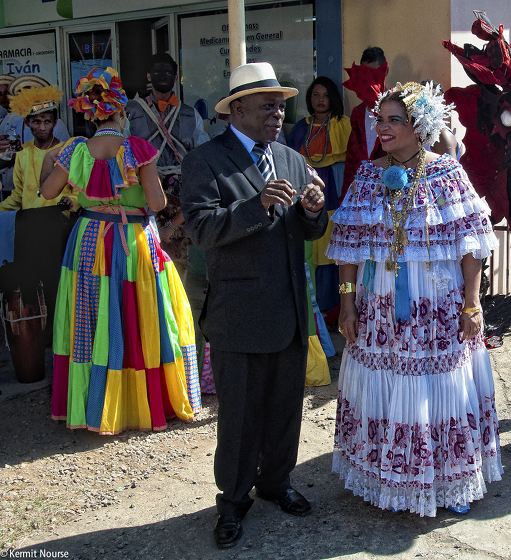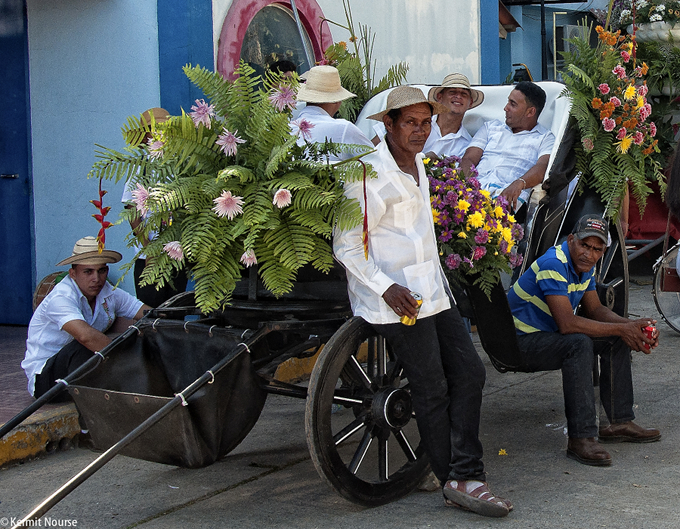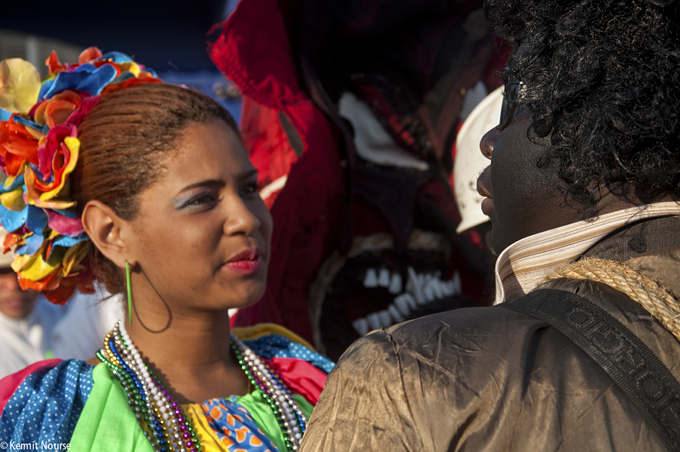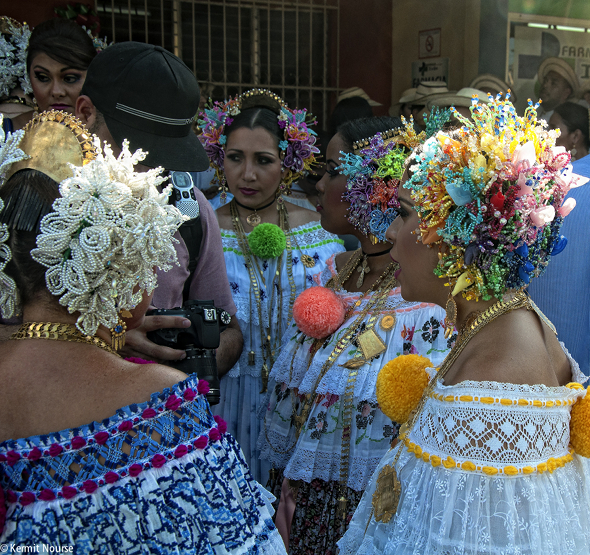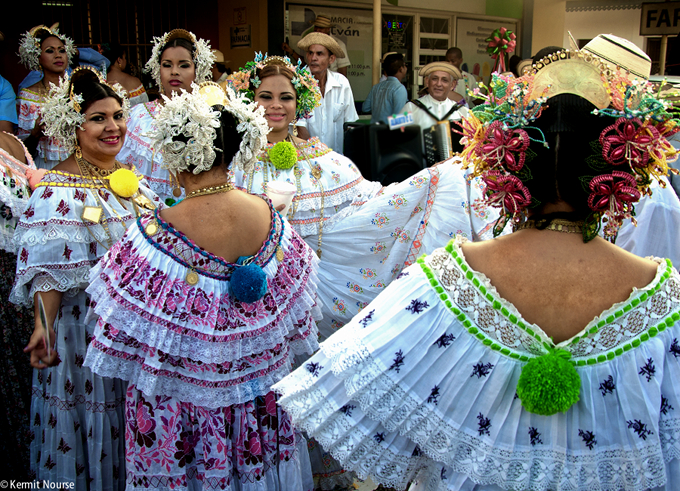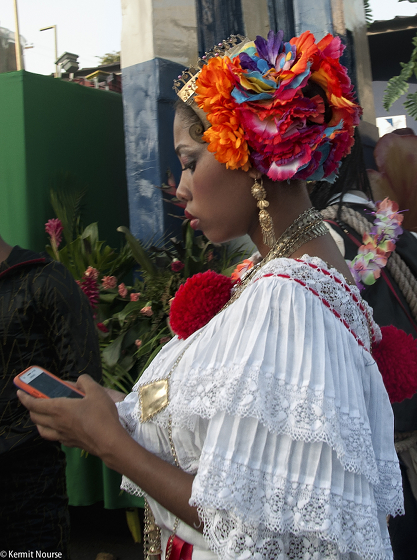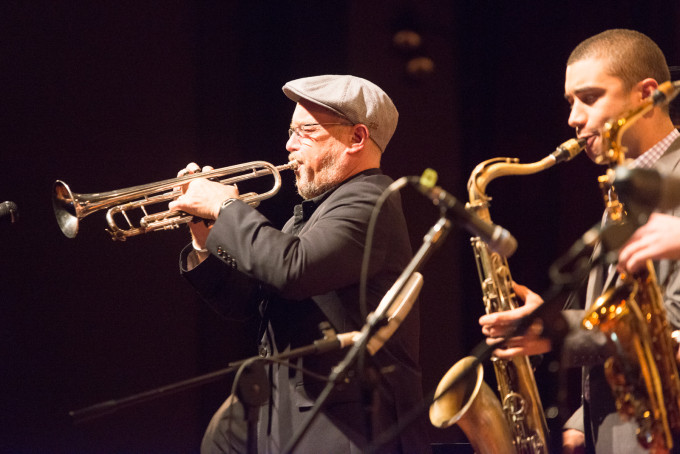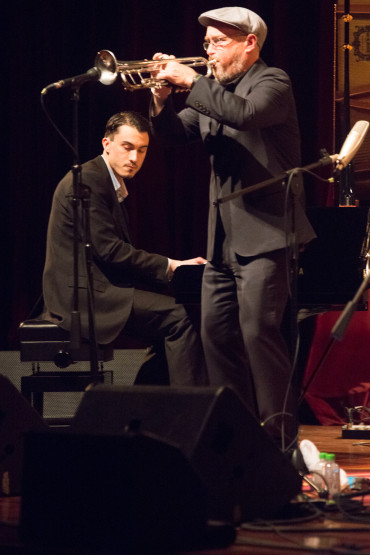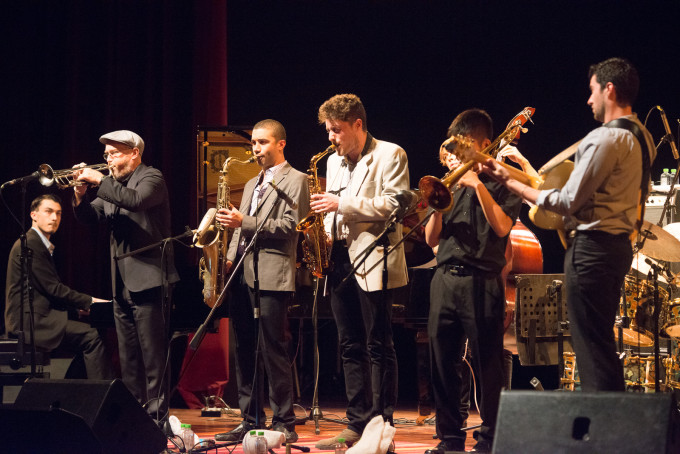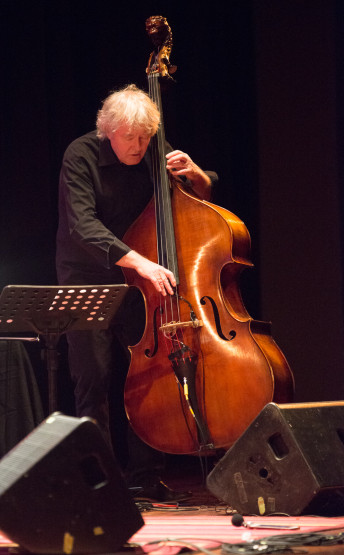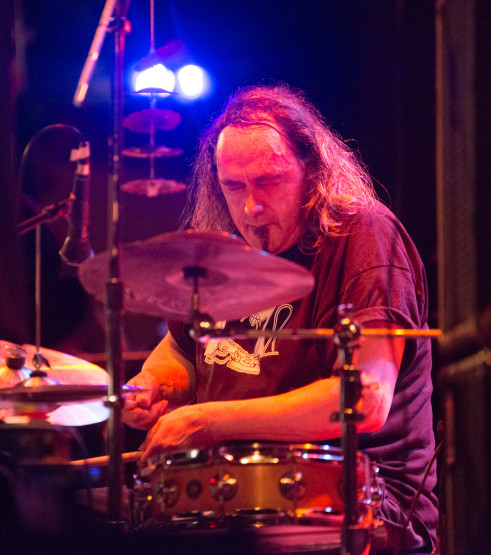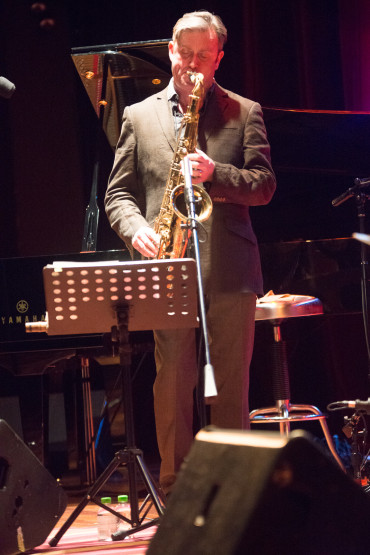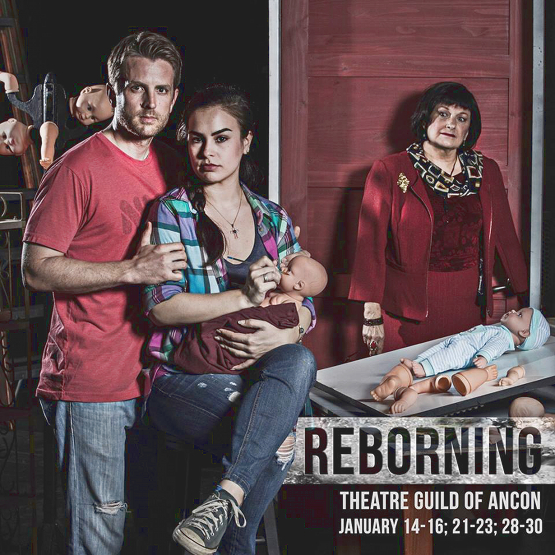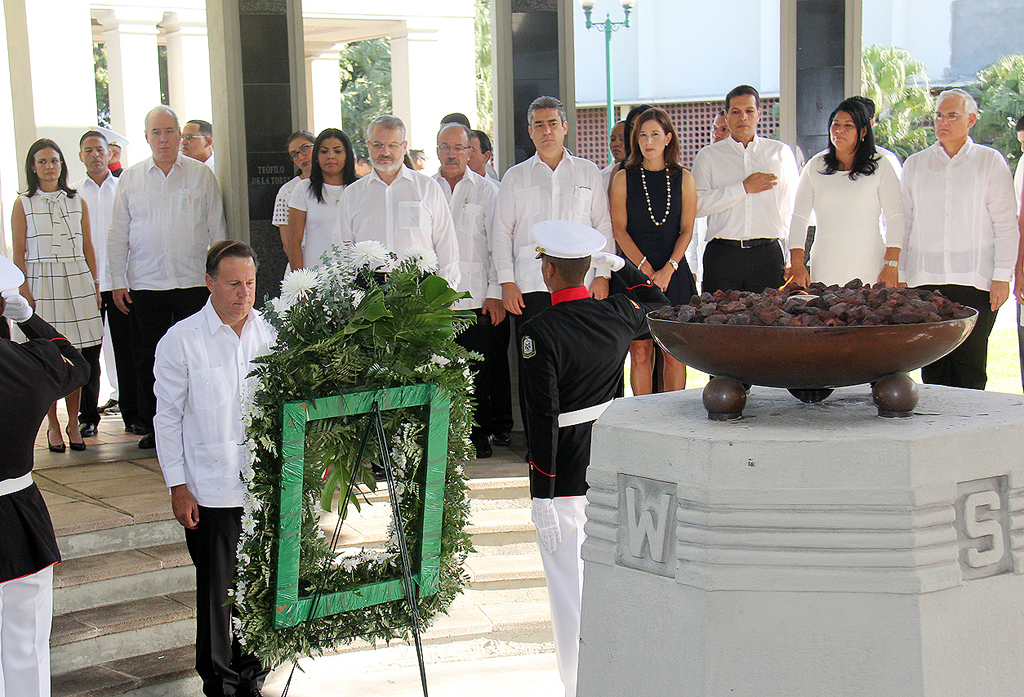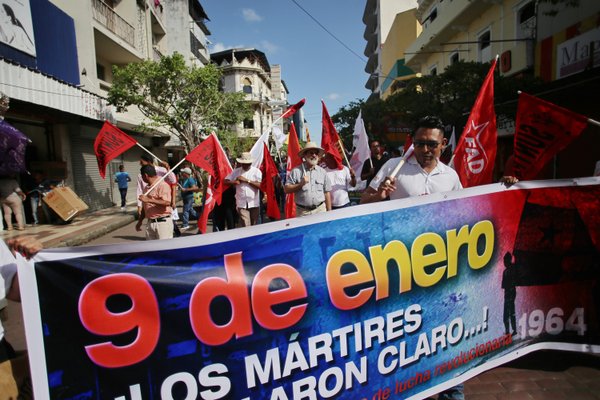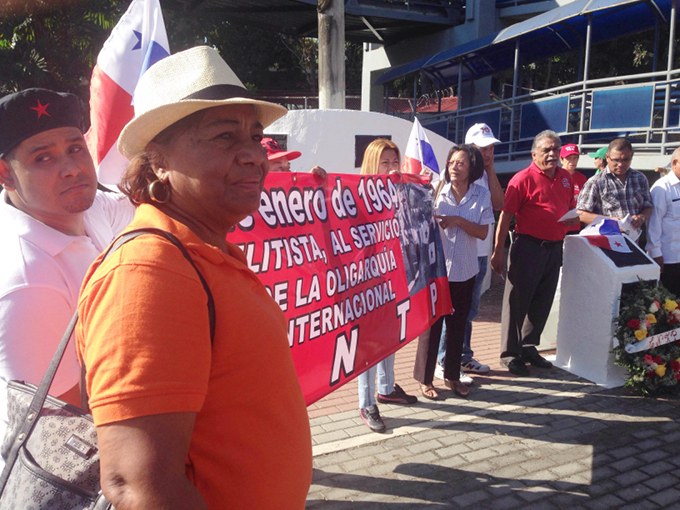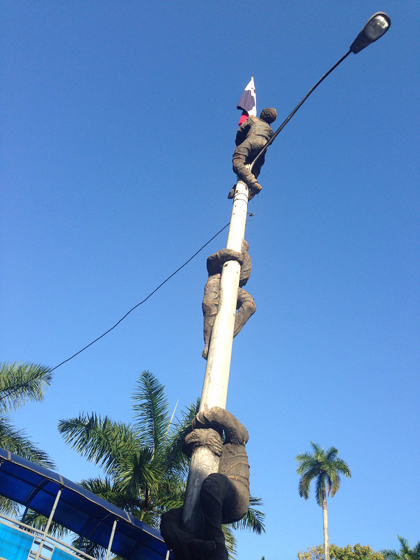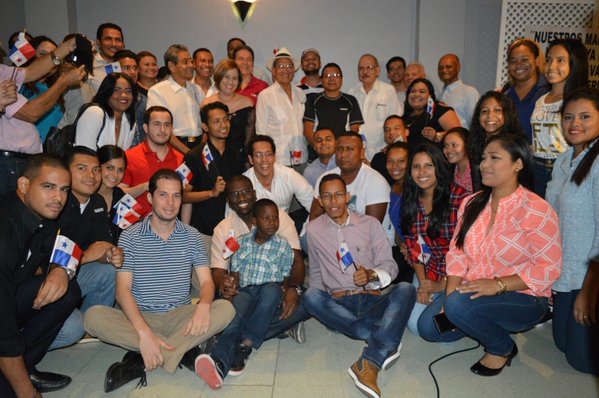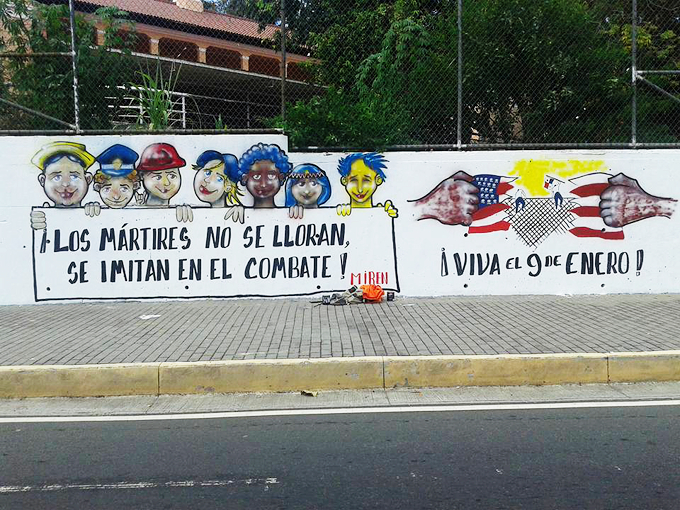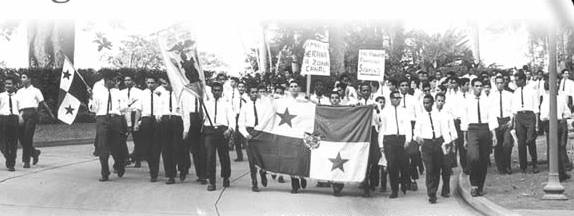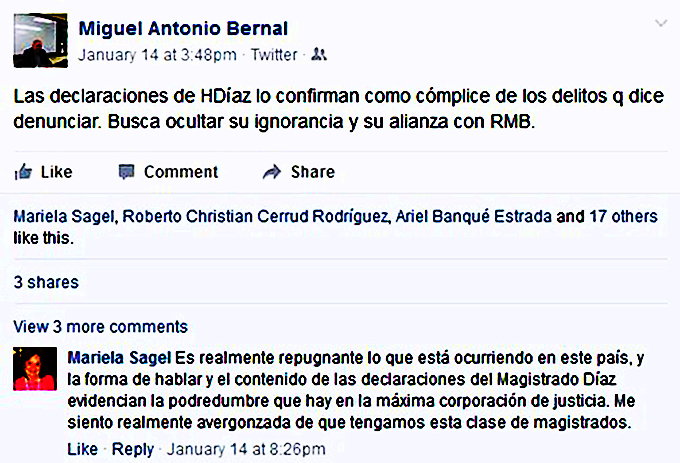
Another judicial crisis
by Eric Jackson
presiding magistrate of the Supreme Court
suggesting that magistrate Harry Díaz’s declarations about
Ayú Prado’s alleged role in Ricardo Martinelli’s eaavesdropping
could let Martinelli off on criminal invasion of privacy charges
volunteering to testify before the legislature
VP of the Colegio de Abogados
In a nutshell, we have divisions in a nine-member Supreme Court of Justice, five of whose magistrates were appointed by our thuggish fugitive ex-president Ricardo Martinelli, atop a judicial system that has been notoriously corrupt since well before Martinelli arose as a public figure. In December the court approved an arrest order against Martinelli, but the issuance of this warrant is administratively delayed for reasons yet to be explained. The popular expectation was for the warrant to be promptly signed and passed on to INTERPOL and the US government so as to begin proceedings to extradite Martinelli from Miami — or to prompt the Obama administration to embrace the supermarket baron and would-be proxy president as a most desirable alien.
So were two new appointments by President Varela the change in the high court’s direction for which many had hoped? The two new magistrate, Angela Russo and Cecelio Cedalise — who replaced Martín Torrijos appointees — voted with Martinelli appointees José Ayú Prado, Luis Ramón Fábrega and Hernán De León to re-elect Ayú Prado for another two years as the high court’s president. The other two Martinelli appointees, Harry Díaz and Abel Zamorano, voted for Díaz. One of the problems with Ayú Prado is that at the time of his re-election he had eight different criminal complaints about him unresolved and pending before the National Assembly’s Credentials Committee. Ayú Prado began his public sector career as one of General Noriega’s prosecutors and the most explosive of the allegations against him comes from the time that he was Ricardo Martinelli’s attorney general. It is said that he, along with former Tourism Minister Salomón Shamah, tampered with a key witness in the Financial Pacific scandal, Mayte Pellegrini, to coerce her into retracting insider stock trading allegations against Ricardo Martinelli. The Financial Pacific case is one of matters about Martinelli hat is before the Supreme Court. Ayú Prado had been chosen as the judge in that Supreme Court proceeding but after a great public hue and cry he removed himself from any participation in the case
Díaz was annoyed about losing the race against Ayú Prado for the high court presidency and suggested a dark conspiracy about it. Most of the nation’s justice reform advocates were also annoyed, and Ayú Prado was, after all, one of the people whom Varela advised to resign shortly after the May 2014 presidential election. That call went unheeded and now Ayú Prado is the only one left in office of the several officials whose exit Varela had requested. In this instance, however, the president took the public position that elections of court officers and arguments among magistrates are matters exclusively for the judicial branch of government, in which the executive branch should not interfere.
So on January 14 Díaz sat down with Telemetro for an interview, and in the course of a generally bitter rant dropped two hearsay bombshells. He said that former Martinelli attorney and victim of Martinelli’s eavesdropping Rosendo Rivera testified last September in the Martinelli eavesdropping case that the electronic surveillance program had a “legal” tangent wherein Ayú Prado and Shamah plotted — when Ayú Prado was attorney general — to insert the political spying files into supposedly ultra-secret drug and organized crime prosecution files. Rivera said that another prosecutor was present for the conversation, she or he not being named at this time. Diáz also said that current jailbird but then Supreme Court magistrate Alejandro Moncada Luna had told him that their colleague Fábrega is a pedophile.
The Code of Criminal Procedure provides that material from investigations is to be confidential while a matter is pending — a principle that is frequently violated by prosecutors. It seems that it is not actually a crime to break this rule, although arguments to the contrary can be made. Under the relatively recent adversarial system rules it’s not particularly clear what the remedy for a breach of confidentiality would be.
And spreading infamous gossip about a colleague? Forget about the law, and whether Díaz can stay off of a defamation hook by saying that he’s just repeating what someone told him and not stating the underlying allegation as a matter of fact. It’s crude behavior, and not just for judges, especially when the source of the bochinche is somebody as notoriously dishonest as Alejandro Moncada Luna.
So what was the nature of the firestorm of criticism that Díaz set off? For part of the press it was a big scoop. But for most court reform advocates it was scorn for Díaz coupled with a renewed call for a thorough investigation of the Rosendo Rivera allegations that he passed on and about high court corruption in general.
Ayú Prado sent a note to the legislature’s president, Rubén De León, asking him to begin proceedings to remove Díaz for unethical behavior. Díaz said he’d gladly testify in such a proceeding. With the sole exception of the erratic PRD deputy Zulay Rodríguez, the Credentials Committee rejected Ayú Prado’s request, arguing that it did not meet the standards for a proper criminal complaint against a public official. So Ayú Prado, this time joined by magistrates Fábrega and De León, came back with a complaint more or less in standard form, with the “summary proofs” being the Telemetro interview and an October 2014 interview with La Prensa in which Díaz suggested that the Moncada Luna affair was “just the tip of the iceberg” of Supreme Court corruption. Díaz responded with a criminal complaint of his own, attaching Rivera’s testimony as the summary proof.
In his own statements to the press, Ayú Prado has asserted two controversial legal theories. One is that information from one investigation — in this case the spying case against Martinelli — can’t be used to investigate another matter such as Ayú Prado’s and Shamah’s alleged involvement in that program. The other is that a breach of confidentiality in an investigation voids the possibility of a prosecution. (Think, for a moment, on how that principle would apply to all of those police and prosecutor trophy photos of the drug suspects with the stuff they were said to have been holding.)
The legislature itself may be too fragmented and corrupt to effectively confront these new charges. They just might want to put these on the docket after the other pending matters and first move against Ayú Prado for witness tampering in the Financial Pacific case.
With respect to Shamah, the ordinary prosecutors of the Public Ministry rather than the Supreme Court would have jurisdiction. This would not be the first time that allegations of his interventions with the legal system have come up. Former Fourth Penal Circuit judge Alexis Ballesteros had complained back before the 2014 elections that Shamah had visited Ayú Prado and alternate magistrates Secundino Mendieta and Wilfredo Sáenz at the Supreme Court to intervene in a case that was before Ballesteros. The complaining trial judge cited courthouse security videos as proofs that these meetings with Shamah happened — but then the videos went missing. Ballesteros was removed from the bench.
Meanwhile, any number of people could recite a litany about the Panamanian courts that goes way back. To cite just a few current things:
- When Alejandro Moncada Luna was removed as a magistrate, his erstwhile colleagues found the files of more than 100 cases on which he had been sitting, improperly blocking action on them. This docket backlog has hardly been addressed. One of the matters still left haning was an amparo de garantías — a constitutional challenge — to the voiding of the Charles Wilson Lucom will, in which the wealthy American left Hacienda Santa Monico, now valued at about $150 million, to a foundation for the benefit of Panama’s neediest kids. That property is now in the hands of Alberto Vallarino, one of Panama’s richest men, a former government minister and a prominent member of President Varela’s Panameñista Party. Were the prompt hearing that was supposed to happen years ago to take place and the will to be restored, it would have major economic consequences, not only for Vallarino and those from whom he purchased but also for foreigners who would have a bit of reassurance that their estates would not be stolen by way of judicial corruption.
- Fugitive Mayer Mizrachi, the son of Ricardo Martinelli’s brother-in-law Aaron Mizrachi, was arrested in Colombia pursuant to an INTERPOL “red note” arising from charges that he was paid by the Panamanian government for a set of Criptext email tracking and erasure programs that were never installed. A trial judge denied a defense motion in absentia for bail, but an appeals judge granted a bail that does not even require him to return to Panama and present himself before the court.
- The Chiriqui chapter of the nation’s main bar association, the Colegio de Abogados, issued a stinging complaint about widespread judicial corruption, including by killing cases by denying the funds needed to pursue them.
- The tax prosecutor has received a complaint about a juvenile court judge, known for some odd rulings on child support and alimony cases and some close ties to Alejandro Moncada Luna, having amassed a real estate empire that can’t be explained by her judge’s salary or other legitimate income.
… and on and on. It’s renewing calls for a constituent assembly that could draft a new constitution that would cut short the careers of all Supreme Court magistrates once adopted and in effect. However, there would be many obstacles to surmount on the way toward that. There is a very difficult and unprecedented means to call a constitutional convention by citizens’ petition, but otherwise the president or the legislature would have to convene such a process. It doesn’t seem at this point that there is much will to do this within Panama’s political caste.
~ ~ ~
The announcements below are interactive. Click on them for more information

